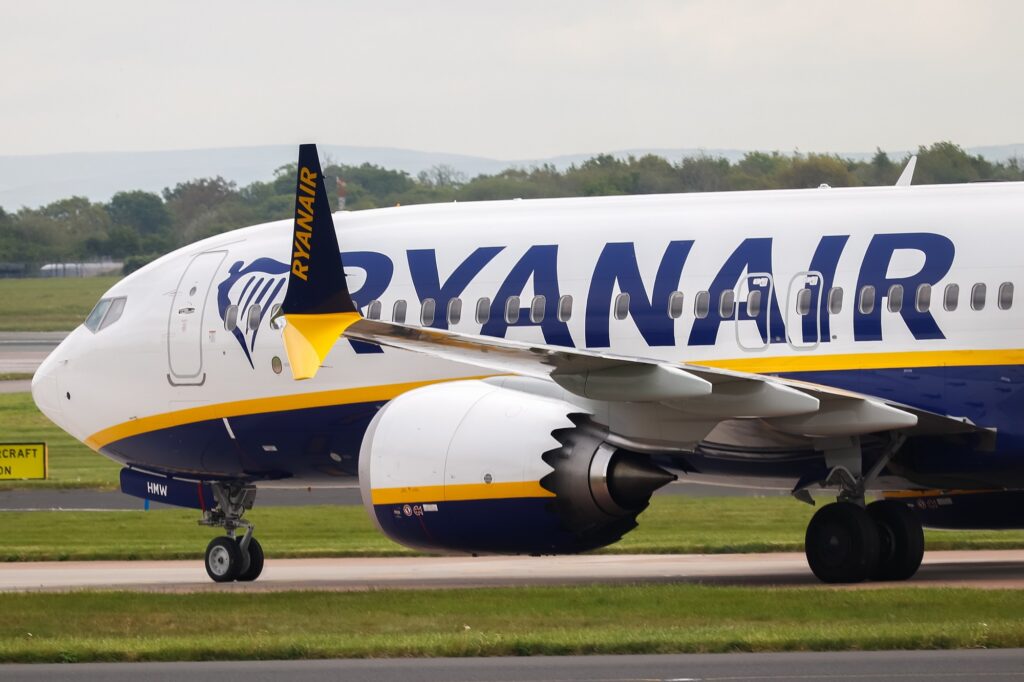The Data Protection Commission (DPC) in Ireland has launched an inquiry into Ryanair’s Customer Verification Processes when passengers book flights with third party websites or Online Travel Agents.
The inquiry will look at how Ryanair processes personal data after the DCP said it received several complaints.
The inquiry will specifically look at Ryanair’s practice of requesting additional ID verification from customers who book travel tickets via third party websites, as opposed to booking directly on the carrier’s website.
The verification process under the spotlight may include biometric data which identify a person through individual characteristics such as facial images.
“The DPC has received numerous complaints from Ryanair customers across the EU/EEA who after booking their flights were subsequently required to undergo a verification process. The verification methods used by Ryanair included the use of facial recognition technology using customers’ biometric data. This inquiry will consider whether Ryanair’s use of its verification methods complies with the GDPR,” said Graham Doyle, Deputy Commissioner with the DPC.
The inquiry is cross-border in nature and will consider whether Ryanair has complied with its various obligations under the General Data Protection Regulation (GDPR), including the lawfulness and transparency of the data processing.
“We welcome this DPC inquiry into our booking verification process, which protects customers from those few remaining non-approved OTAs, who provide fake customer contact and payment details to cover up the fact that they are overcharging and scamming consumers,” A Ryanair spokesperson told the Irish Independent.
They added: “Customers who book through these unauthorised OTAs are required to complete a simple verification process, either biometric or a digital verification form, both of which fully comply with GDPR. This verification ensures that these passengers make the necessary security declarations and receive directly all safety and regulatory protocols required when travelling, as legally required.”

